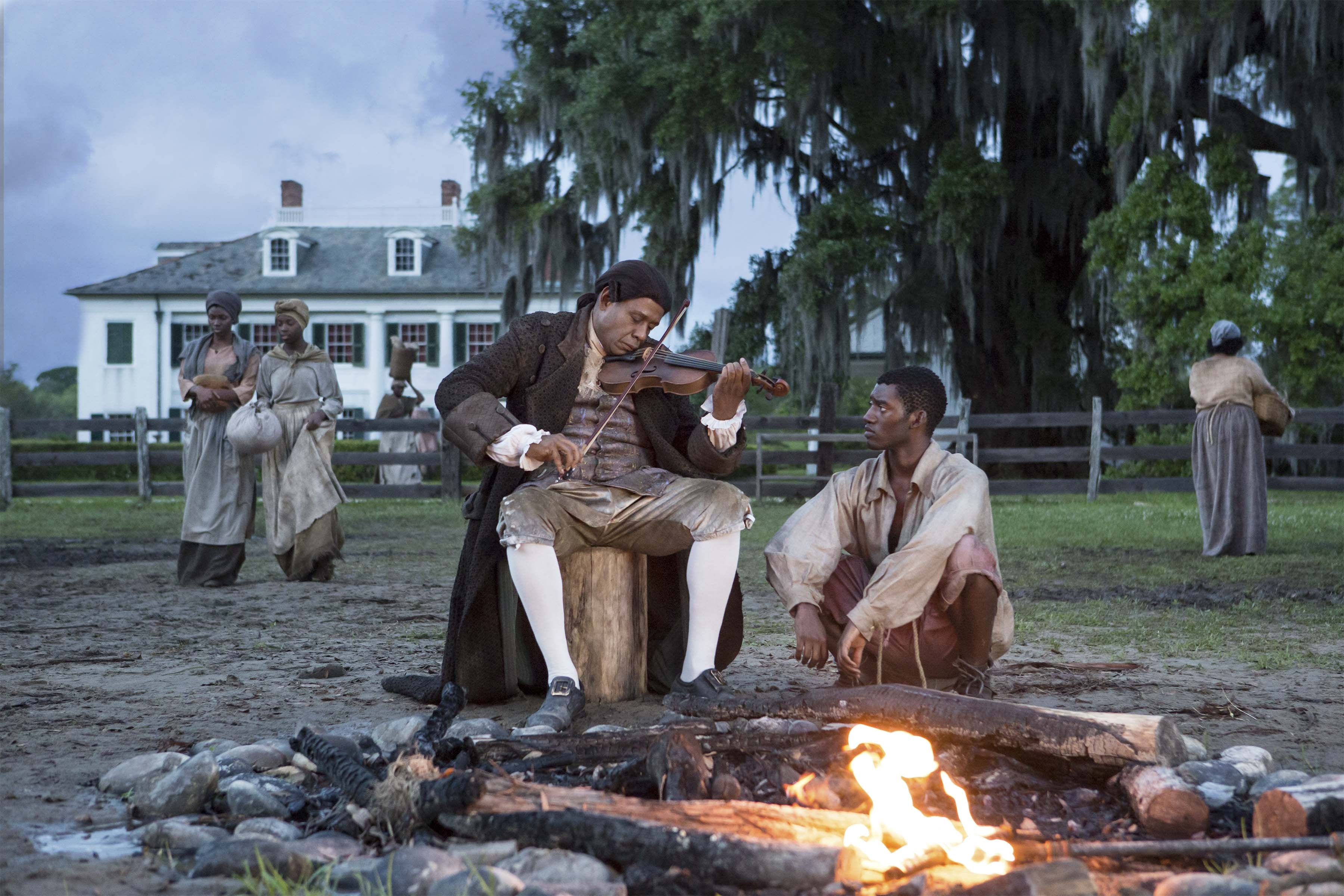Some things we struggle to remember. Some things, we can't be allowed to forget.
Certainly for many viewers, memories of Roots, ABC's groundbreaking 1977 miniseries adaptation of Alex Haley’s novel, have either faded or are non-existent. It set ratings records and changed forever the "happy helpers" view of slavery created by Gone with the Wind — but it did so 40 years ago, in a TV environment very different from our own.
Cable's History network could have just reintroduced the old miniseries to a new generation rather than create this new Roots (Monday, 9 ET/PT, *** ½ out of four), which airs on four consecutive nights on History, Lifetime and A&E. But times and tastes have changed since 1977: We tell stories differently, and we know more about this story than we once did.
And this story — about a man and a people, what brought them here and what happened to them once they arrived — deserves to be told.
Roots, however, is more than just a worthy venture; it’s an enthralling one. There are a few clumsy spills into melodrama, but overall this eight-hour effort is rousing, funny, frightening and heartbreaking — an affirmation of life and a condemnation of racism in all its ancient and surviving forms.
![635997848159883343-roots-fiddler-kunta.jpg [image : 84919614]](http://www.gannett-cdn.com/-mm-/d492ffc48c33ab9291e74f360aa7bdec1d5580d2/c=1339-619-2602-1699/local/-/media/2016/05/25/USATODAY/USATODAY/635997848159883343-roots-fiddler-kunta.jpg)
And while this new version obviously owes much to the original, it goes its own way in many important aspects, starting with Monday's premiere — which offers a richer exploration of Africa’s Mandinka culture — and ending with the last, which goes more deeply into the African-American experience during the Civil War. Characters go in different directions than they once did in a world where life seems harsher and more violent, and appropriately so.
Where the original cast was filled with established TV stars, the new one offers a mix of big names and new discoveries. Tony-winner Anika Noni Rose (Kizzy), Oscar-winner Forest Whitaker (Fiddler) and Justified star Erica Tazel, standouts all, share screen time with relative unknowns Malachi Kirby (Kunta) and Emayatzy Corinealdi (Belle) — both of whom should be stars. Kirby, in particular, is such a major casting find that he balances out the Chicken George of fellow Brit Regé-Jean Page, who is not yet up to carrying the weight Roots places upon him.
![635997849545016222-roots-kizzy.jpg [image : 84919924]](http://www.gannett-cdn.com/media/2016/05/25/USATODAY/USATODAY/635997849545016222-roots-akina.jpg)
As before, we move through the generations — and with each generational shift, the show's point of view (and director) changes. Kunta, stolen from his home and sold into slavery, gives way to Kizzy, and then to George, and then to George’s son, Tom. All of them preserve their cultural identity, passed on through beads, stories and music.
At its heart, Roots was (and remains) entertainment as education, and there are times when the lessons land a bit heavily and the characterizations feel a bit light. (With the sometimes exception of Jonathan Rhys Meyers's Tom Lea, subtlety seldom visits any of the white men.) But the best-drawn and best-played characters are as vibrant as ever, and the lesson they have to impart is perhaps even more important.
We didn’t fully absorb that lesson the first time around. Perhaps the second Roots will have better luck.
![Roots: Official Trailer | Premieres Memorial Day 2016 | History [oembed : 84994770] [oembed : 84994770] [oembed : 84994770] [oembed : 84994770] [oembed : 84994770] [oembed : 84994770]](/Portals/_default/Skins/PrestoLegacy/CommonCss/images/smartembed.png)


